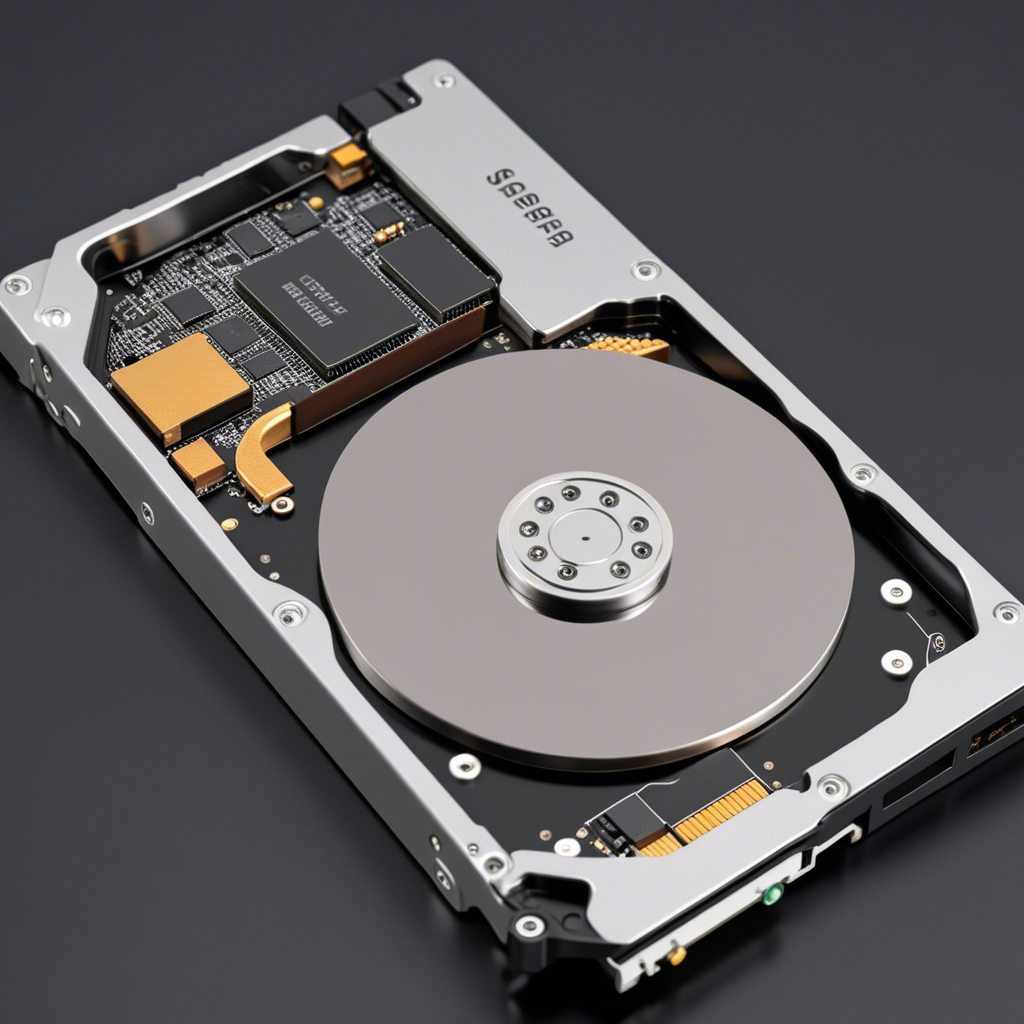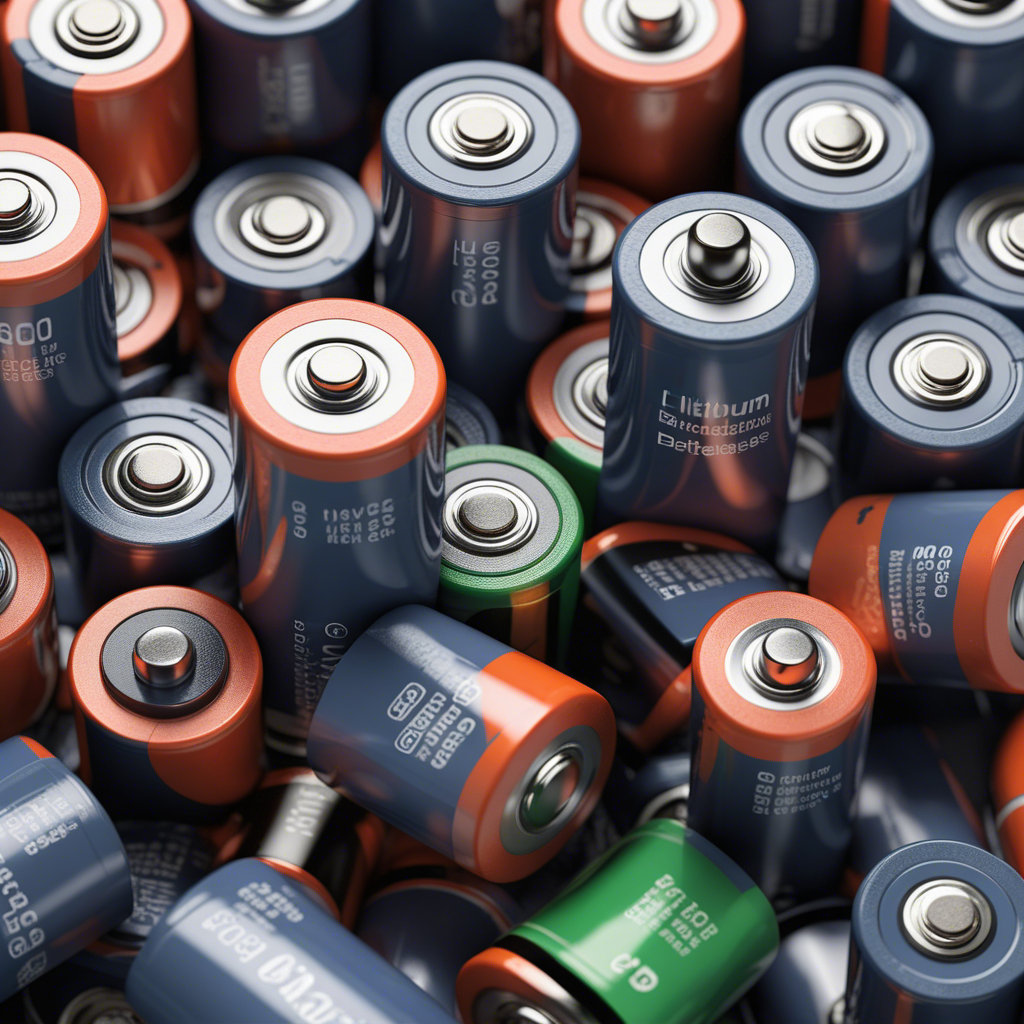When it comes to storing data on a computer, there are two main types of drives: Hard Disk Drives (HDDs) and Solid-State Drives (SSDs). While HDDs have been the traditional choice for many years, SSDs have become increasingly popular in recent times due to their numerous benefits. In this article, we will explore the benefits of using a Solid-State Drive (SSD) over a Hard Disk Drive (HDD).
What is a Hard Disk Drive (HDD)?
A Hard Disk Drive (HDD) is a type of non-volatile storage device that uses a physical disk and mechanical heads to read and write data. The disk is divided into tiny sectors, and the heads float above the disk, reading and writing data as the disk spins. HDDs are relatively inexpensive and offer high storage capacities, but they have some limitations.
What is a Solid-State Drive (SSD)?
A Solid-State Drive (SSD) is a type of non-volatile storage device that uses interconnected flash memory chips to store data. Unlike HDDs, SSDs do not have any moving parts, which makes them faster, more reliable, and more durable. SSDs use a controller to manage the flow of data to and from the memory chips.
Benefits of Using a Solid-State Drive (SSD)
So, what are the benefits of using a Solid-State Drive (SSD) over a Hard Disk Drive (HDD)? Here are some of the advantages:
- Faster Performance: SSDs are significantly faster than HDDs when it comes to reading and writing data. They can reach speeds of up to 500 MB/s, while HDDs typically top out at around 200 MB/s.
- Lower Latency: SSDs have much lower latency than HDDs, which means that they can access data more quickly. This is especially important for applications that require fast data access, such as video editing and gaming.
- Higher Reliability: SSDs are more reliable than HDDs because they have fewer moving parts. This means that they are less prone to mechanical failure and can withstand physical shock and vibration.
- Lower Power Consumption: SSDs consume less power than HDDs, which makes them more energy-efficient. This is especially important for laptops and other mobile devices.
- Improved Durability: SSDs are more durable than HDDs because they are resistant to physical shock, vibration, and temperature changes.
- Quieter Operation: SSDs are quieter than HDDs because they do not have any moving parts.
- Improved Security: SSDs offer improved security features, such as encryption and secure erase, which can help protect sensitive data.
Types of Solid-State Drives (SSDs)
There are several types of SSDs available, each with its own strengths and weaknesses:
- SATA SSDs: SATA SSDs use the same interface as HDDs and offer fast performance and high storage capacities.
- PCIe SSDs: PCIe SSDs use a faster interface than SATA SSDs and offer even faster performance and higher storage capacities.
- M.2 SSDs: M.2 SSDs are small and compact, making them ideal for laptops and other mobile devices.
- NVMe SSDs: NVMe SSDs use a specialized interface that is designed specifically for SSDs and offer extremely fast performance and high storage capacities.
Conclusion
In conclusion, Solid-State Drives (SSDs) offer numerous benefits over Hard Disk Drives (HDDs), including faster performance, lower latency, higher reliability, lower power consumption, improved durability, quieter operation, and improved security. While HDDs are still a viable option for some users, SSDs are the clear choice for anyone who needs fast, reliable, and secure storage. Whether you’re a gamer, a video editor, or just someone who wants to upgrade their computer, an SSD is a great investment.


